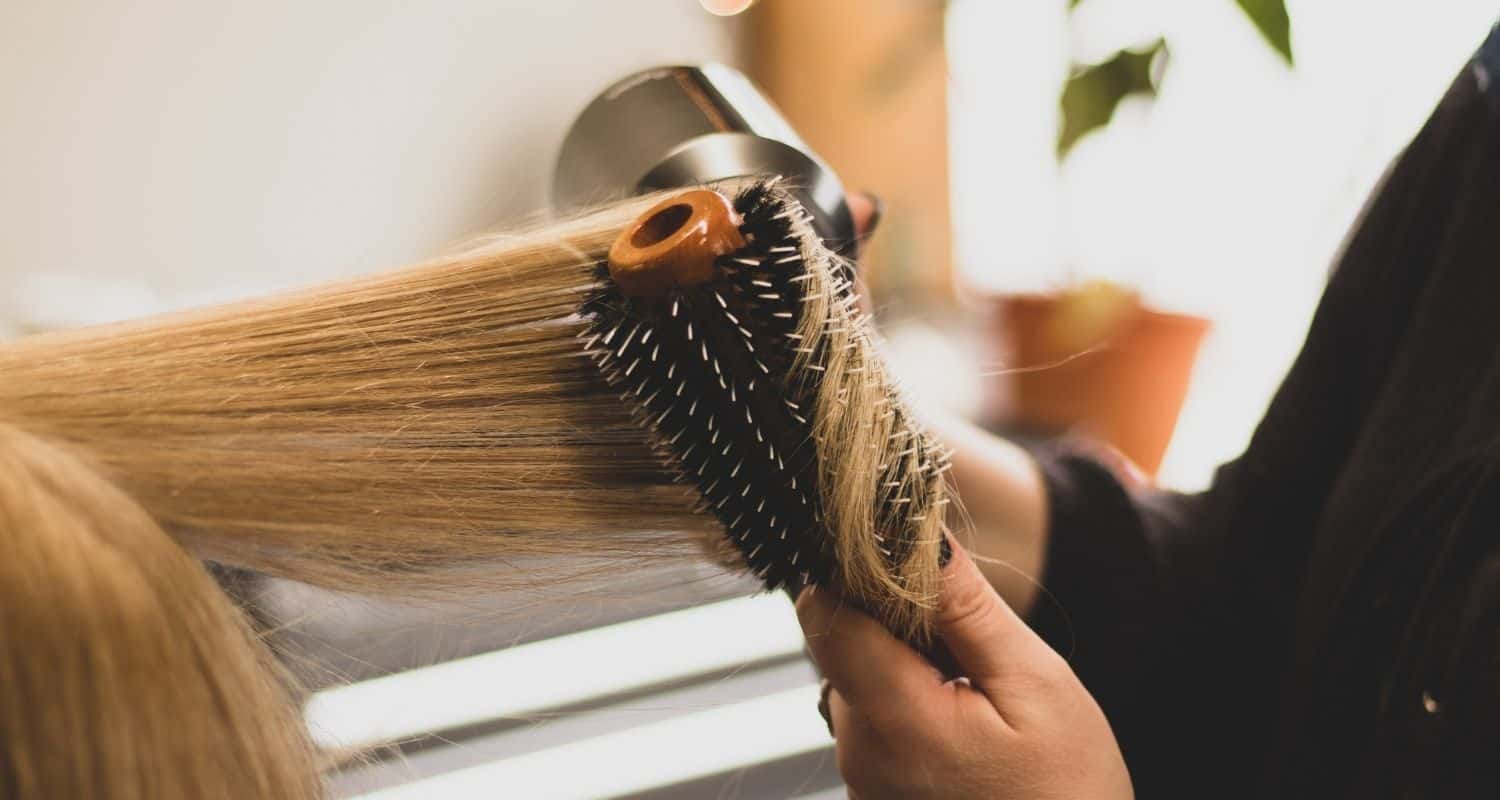
When we think about noise-induced hearing loss, many of us imagine an explosion or a very loud factory. Indeed, these situations can produce sound so loud that hearing loss occurs in an instant. If the decibel level of sound reaches these heights, then it can be sufficient to damage hearing without much time going by, but relatively quieter sounds also pose a risk. If you are subjected to these sounds, many of which come from everyday and household situations, for a long enough time, you can experience noise-induced hearing loss, as well. This principle of hearing loss—the combination of volume and duration—is essential to understanding the risks posed by these everyday activities and objects.
Let’s take a closer look at the principles of noise-induced hearing loss and some of the activities that might be posing a risk in your everyday life and work.
Noise-Induced Hearing Loss
The combination of volume and duration of sound helps us understand which household items and activities will be risky and those that will not. The general threshold of volume that experts keep in mind is 85 decibels. You can be exposed to sound at this volume for 8 hours without risking hearing loss. As you might guess, this standard was set with workplace safety in mind.
A full working shift can be completed with 85 decibels of sound without causing hearing damage among employees. However, every 3 additional decibels of sound cuts that time in half. For instance, you can only be in the presence of 88 decibels of sound for 4 hours without risking your hearing. With this calculation in mind, you can see why very loud sounds like explosions or huge machinery can cause hearing loss in an instant, while quieter sounds can also do so given enough exposure.
Noisy Household Objects
Are household appliances and everyday activities posing a risk to your hearing ability? Many common sounds are in the 85-100 decibel range, but you might not need to worry about them damaging your hearing. For instance, hairdryers, blenders, and lawnmowers all fall within this range, and sustained use could cause damage. Lawnmowers, for instance, can make around 90 decibels of noise, meaning that they should not be used for more than two hours without hearing protection. Some people who have very large lawns can cross this threshold and risk their hearing health, but most homeowners don’t need to exceed that threshold.
However, professional lawn care and landscaping workers can easily engage with these machines for more than 2 hours, meaning that hearing protection is required. Blenders are a similarly risky appliance. The normal user will not exceed a few minutes of blending at a time, but those who work in professional kitchens or baristas who make blended drinks should consider wearing hearing protection.
The continuous use of blenders over a working day can cause permanent hearing damage. Hairdryers are yet another appliance that poses little risk to an individual user for a few minutes after a shower, but a stylist who uses hair dryers throughout the workday can benefit from hearing protection.
Protect Yourself from Noise-Induced Hearing Loss
If you work in an environment or occupation that exposes you to noise from these everyday objects for a full shift at work, you need to take your hearing health into your own hands. Employers at big factories or transportation hubs are more likely to realize that their workplaces are a risk to employee hearing, and they tend to require hearing protection. However, those who own landscaping companies, cafes, and salons might not realize that their employees should protect themselves.
Even basic disposable foam earplugs can be enough to protect you from the dangers posed by these everyday objects, but more advanced hearing protection is available, as well. You can use custom-fitted ear molds to tailor hearing protection to your needs, and these devices are particularly useful for cutting out damaging frequencies while giving you the ability to communicate in the frequencies of human speech. If you’re interested in this kind of hearing protection, don’t delay contacting our office for a consultation. We can talk with you about the risks posed by your job or activities, as well as the type of protection you need.
